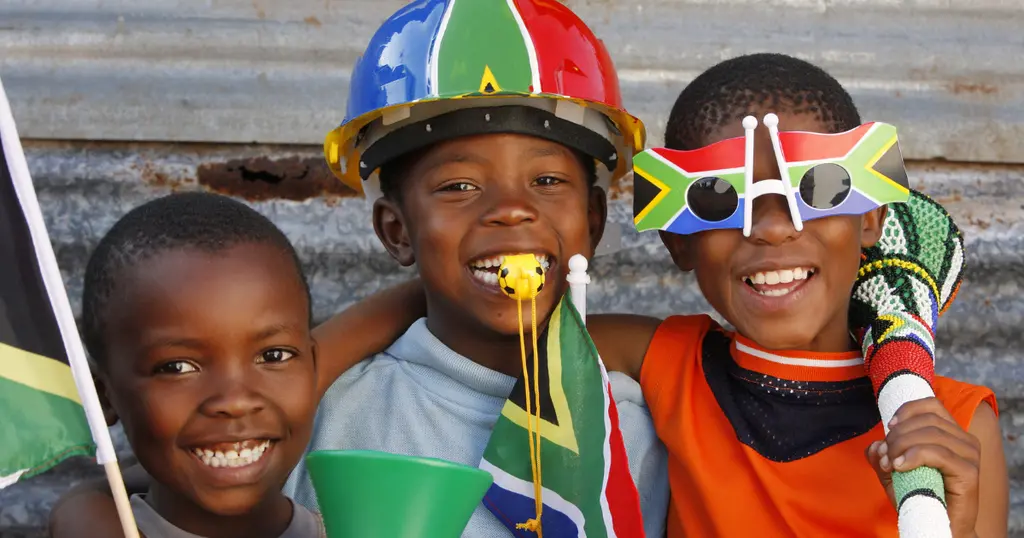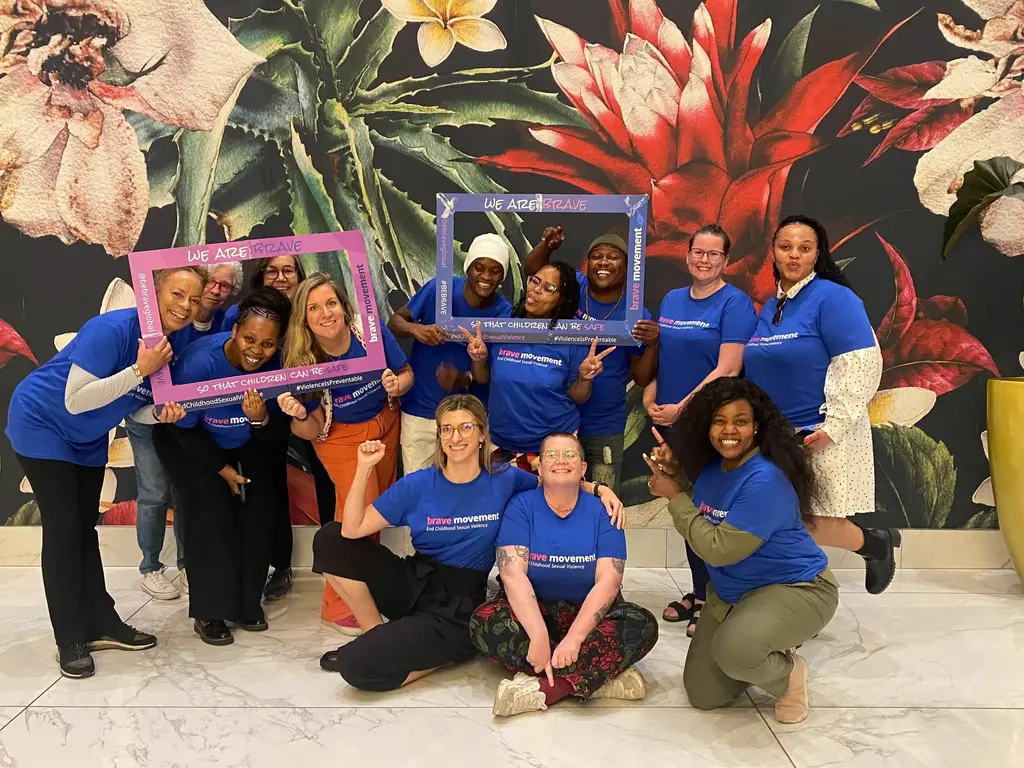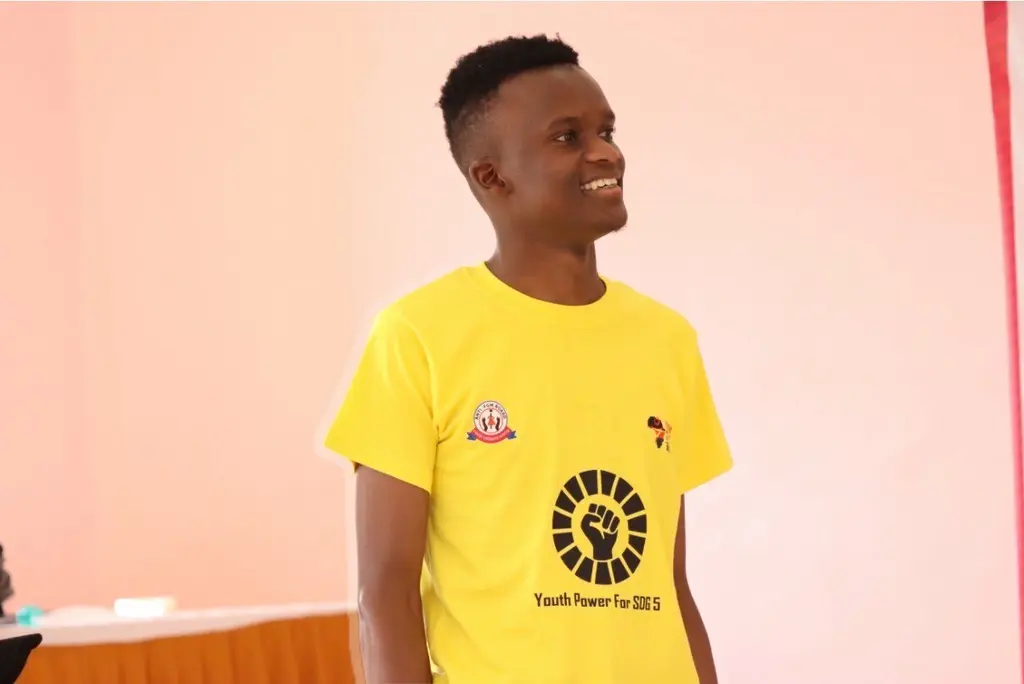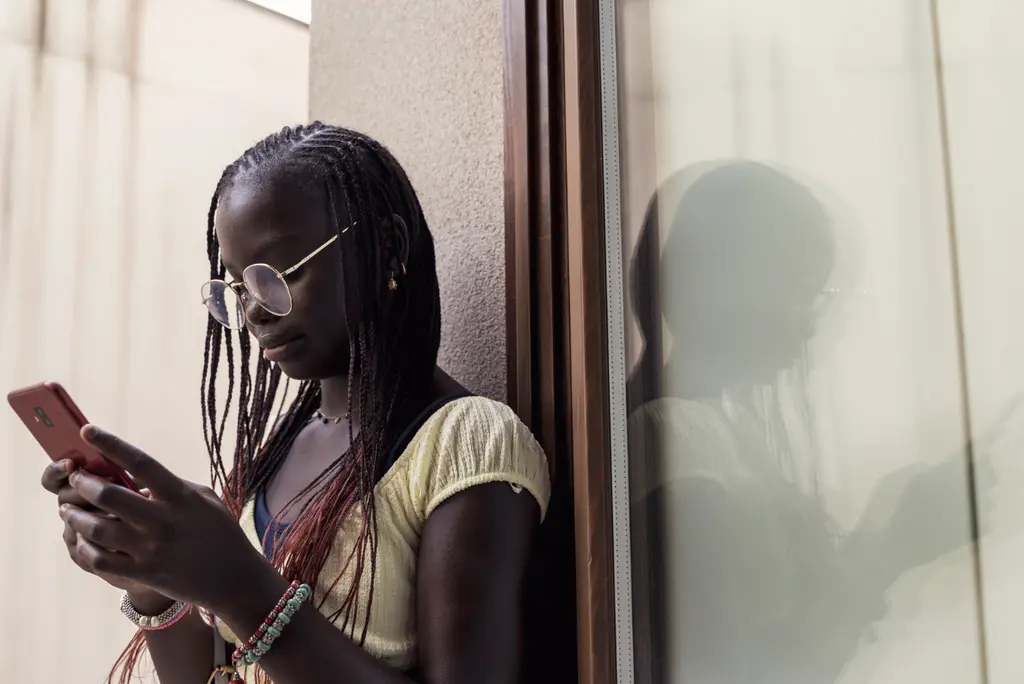Sensitive content
This site contains sensitive content that includes references to sexual violence.


This month has been an extraordinary one for our survivor-centered advocacy and activism –a roll call of achievements, events and involvements like no other.
December 1, 2025
|
In a patriarchal system no one is truly safe if the community is at odds with the realities of young people. I chose to question and to take action.
October 12, 2025
|
Youth should be directly involved in conversations about online safety, not just as recipients of guidance, but as active partners and change-makers.
October 8, 2025
|